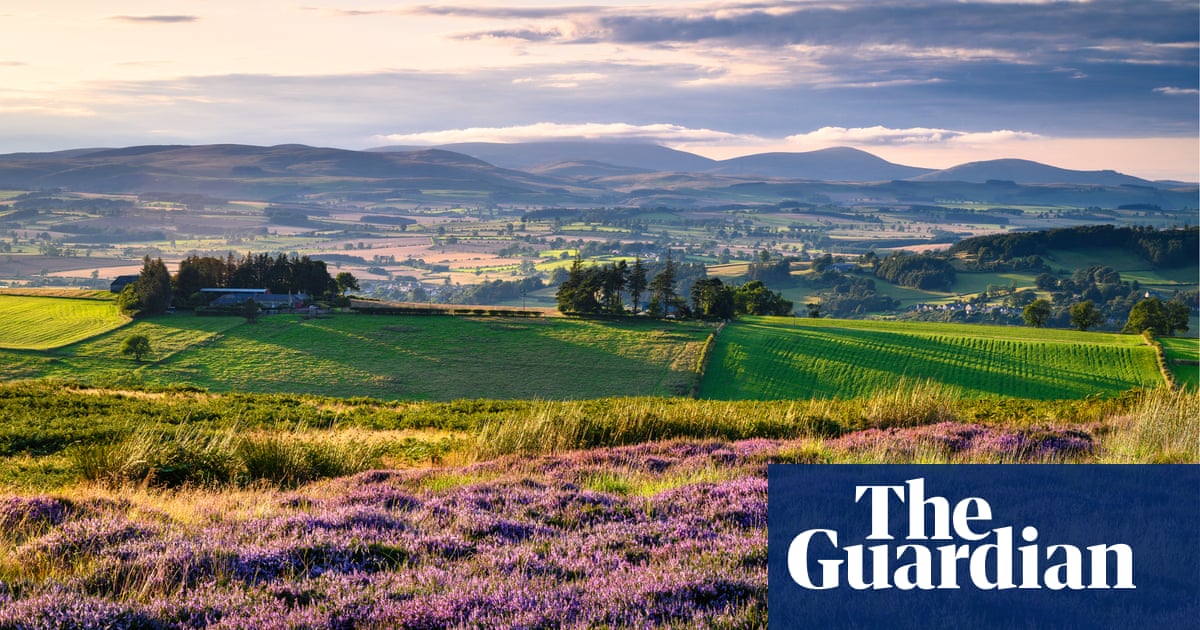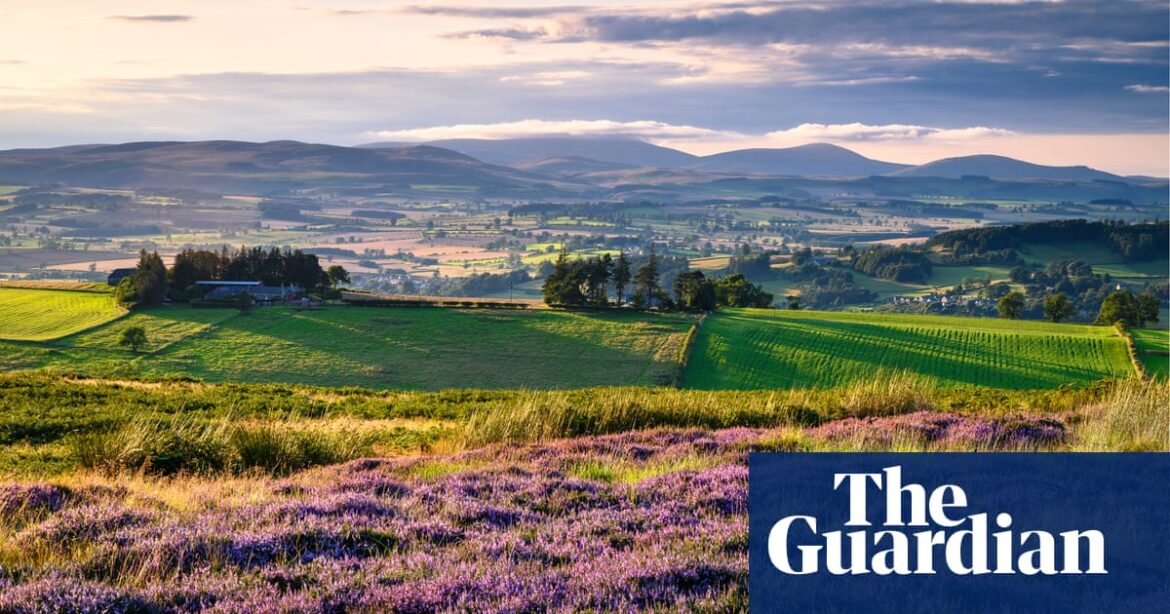
England’s national parks face a 12% real-terms cut to their budget which would lead to mass redundancies of wardens and the closure of visitor centres and other facilities, park leaders have warned.
The chief executives told the Guardian that soon the spaces would become “paper parks” designated by a “brown sign on the motorway” and they will have to “turn the lights off, close the doors and put up closed signs” if the cuts go ahead.
The raising of employer’s national insurance by Rachel Reeves, the chancellor, in the budget will also deal the parks a devastating blow, the CEOs warned, costing them £1.3m which they say will “inevitably lead to redundancies”.
England has 10 national parks; the Norfolk Broads, Dartmoor, Exmoor, the Lake District, the New Forest, Northumberland national park, the North York Moors, the Peak District, the South Downs and the Yorkshire Dales. This year marks the 75th anniversary of the National Parks Act and in the past two decades the parks have faced severe hardship, including their budgets being cut by approximately 40% since 2010.
The 1949 act was part of the postwar effort to “build a better Britain”. Lewis Silkin, who was the minister of town and country planning when the bill passed, saw national parks as part of a “natural health service” and spoke of the act as a “people’s charter” – a contract for the nation.
Park chief executives are calling on the Labour government to “fix their foundations, reform and invest”, writing a new plan for national parks. They have proposed a nature recovery plan and say the parks could deliver more than 145,000 hectares of nature rich areas by 2030. This would be 20% of the nature recovery target for England on 10% of the land, and they say it could also sequester up to 330,000 tonnes of CO2 a year.
They have also asked for parks to be included in the government’s health mission with a “natural start” programme to enable all young people to visit a national park each year and a “twinning programme” between national parks and major cities to link town and country and enable healthy lifestyles.
Kevin Bishop, CEO of Dartmoor national park, said: “We’ve been criticised by the environmental NGOs because we haven’t got enough nature conservation interests. And we also get criticised because our authorities are both big and bloated, pale and male and often stale. So we’re up for reform, but you can either invest in us, reform us, or we’re going to end up as paper parks where you just go past a brown sign on the motorway or the highway, and that will be the only indication you’re in the national park, because there won’t be any other services provided the way we’re going at the moment. And we might as well turn the lights off, close the doors and put up closed signs.”
The Guardian revealed earlier this year that the boards that oversee England’s national parks are bloated, dominated by men and severely lacking in diversity. The analysis also found that farmers outnumber conservation experts by two to one, nature is rarely on the agenda at board meetings, and that only one national park can account for the ownership of all the land it covers.
Tony Gates, CEO of Northumberland national park, said: “The core grant to Northumberland in 2003 was £2.68m a year. 20 years later, it was £2.67m, less in cash terms. So standing still isn’t a positive position, it really means a real terms cut at this stage and means things will have to go. That’s why we’re calling for a fresh vision, renewing the people’s charter … reform us, change some of our purposes, put nature recovery and nature and climate front and centre. Make sure we really are inclusive, not just organisations but places where everybody feels welcome.”
The Department for Environment, Food and Rural Affairs faces a 2% cut to its budget for 2025-26. This is expected to be spread across the department, including the national parks budget. The Conservatives had given the parks emergency payments of £500m over the past two years, but Defra has said this has not been consolidated into their budget and will not be rolled over to next year, meaning the parks face a 12% real terms cut.
after newsletter promotion
It would boost the country’s economy to keep national parks alive, the CEOs added; 90 million people visit them every year and they make a combined contribution of £14.8bn to the economy.
“The two years of extra grant were just something to keep us [from] shedding staff for the last two years, but just putting off the inevitable,” Gates said, “So we really are staggering at this point. We’ve got to fall over at some point. We’ve been hammered since 2010 really. And actually, we’re in critical care now.”
“That means every park authority in England is looking at more redundancies, closing services and facilities,” Bishop said. “That’s no way to celebrate our 75th anniversary.”
A Defra spokesperson confirmed there will be changes to national park funding after March 2025, and said: “A thriving natural world underpins our economy, health and society. That’s why this government is investing £400m to protect and restore nature, including in our national parks.”
Source: theguardian.com



